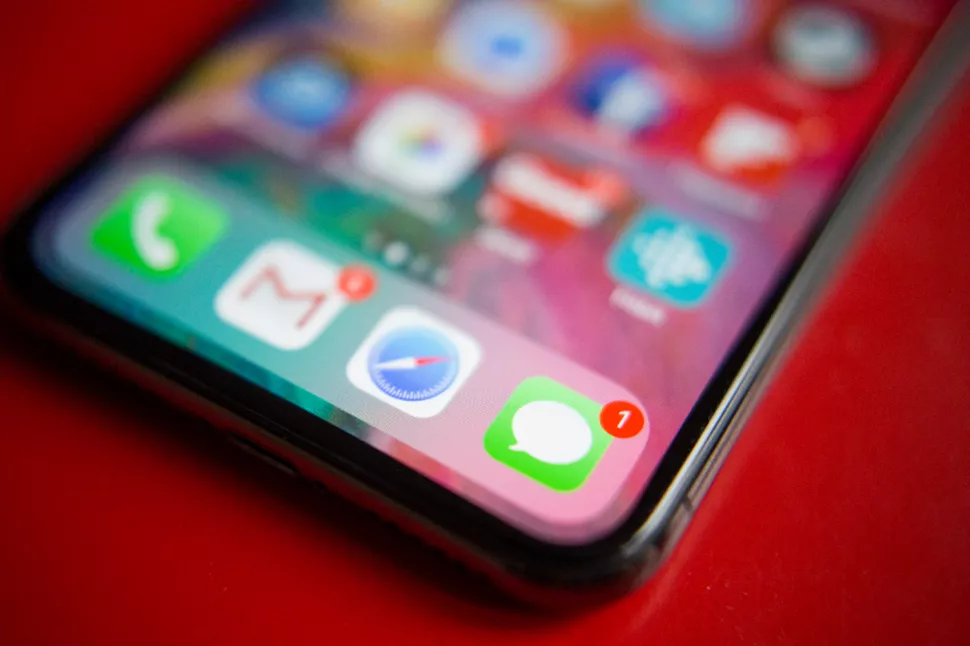
Right now, you can chat with your friend using any number of messaging apps, be it message, Facebook Messenger, or WhatsApp, and rest assured that your conversation is fully end-to-end encrypted and cannot be intercepted. from third parties. . But if some of President Donald Trump’s top security officials do what they want, peace of mind will be a thing of the past.
The story comes via Politico, who reported last week that deputy commanders from several US government agencies gathered at the White House for a National Security Council meeting.
Topic: Congress should pass legislation that would force Apple, Facebook and the like to create a government backdoor into encrypted communications technologies and partially solve the “Going Dark” problem.
According to anonymous sources of Politico, the so-called “reserve committee” has not yet decided how to handle the issue. Two plans apparently considered were to seek legislation directly from lawmakers or issue a general statement outlining the council’s position on cryptography.
The different attitudes of administrations reflect the complexity of the issue. For years, the FBI and the Department of Justice have argued that the status quo of cryptography must be breached to effectively conduct criminal investigations.
Departments of Commerce and State are concerned about the national security implications that forcing technology companies to use less robust encryption methods could violate the US government.
Politico reports that the Homeland Security Department is “internally divided” on the issue. Former director Michael Chertoff has spoken publicly about the civilian use of advanced cryptography along with former NSA director Mike McConnell.
MORE: Best Encrypted Messaging Apps
If passed, such a law would likely compromise end-user privacy, making it easier for attackers or foreign governments to eavesdrop on individuals’ conversations through backdoors intended for US law enforcement.
On the other hand, criminals and terrorists can turn to lesser-known encrypted messaging apps like Telegram and Signal to discuss their plans. Telegram, already used by Islamic terrorists, is not a US company and Signal is an open source project that can be copied by anyone in the world. The US may try to ban both US app stores, but that won’t stop Android users from downloading apps to their phones.
The “Going Dark” issue has been bouncing around Washington since about 2005, when FBI and Do officials began warning that they would soon be unable to intercept communications or read encrypted recorded data even with a warrant. a prediction that soon came true.
The administrations of George W. Bush and Barack Obama have failed to act on the issue, and Congressional laws requiring government backdoors have gone nowhere. FBI directors James Comedy and Christopher Wray unsuccessfully supported him, as did former US Attorney General Loretta Lynch, but Silicon Valley has firmly opposed it.
Last week’s National Security Council meeting is the government’s first step towards limiting encryption since the December 2015 terrorist attack and workplace shootings in San Bernardino, California. The FBI asked Apple for help in gaining access to a locked iPhone used by one of the gunmen, but Apple refused because the company needed to weaken its encryption standards.
End-to-end encrypted communication involves “data in motion” and cracking, which may require different technical and legal methods.
Eventually, the FBI managed to break into the iPhone without the company’s help and found nothing of importance. Apple responded by putting a new security measure into iOS 11 the following year: USB Restricted Mode, which prevents the iPhone from communicating with connected devices after they have been locked for a period of time.









